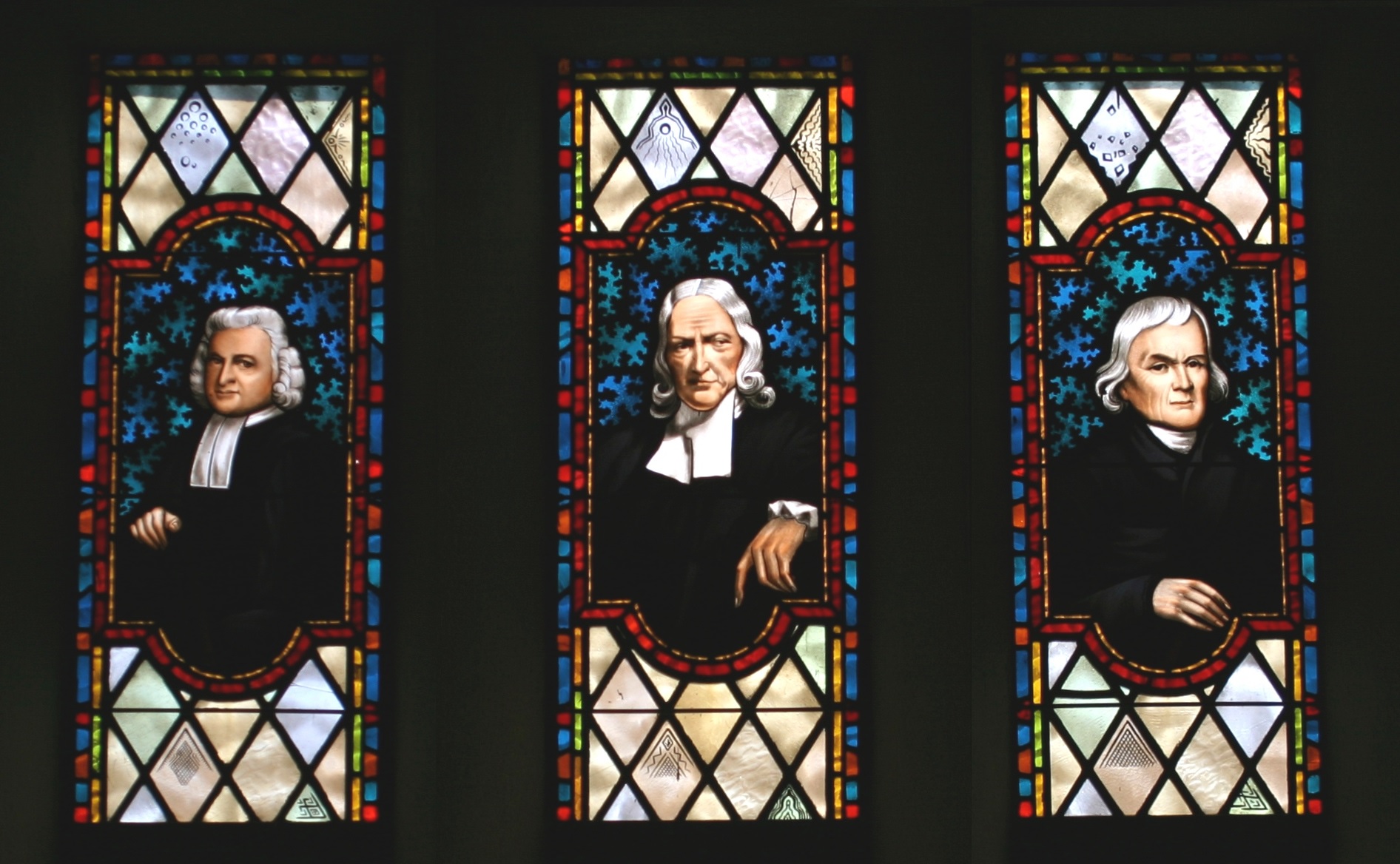Do you know about Francis Asbury? So many of our churches are named after him, or have a meeting room or library named in his honor. Who is he? And what is his connection to The United Methodist Church?

Even though John Wesley made the difficult journey by sea from England to Georgia in 1735, Methodism did not really flourish in America until the mid-1760s. Organized Methodism in the American colonies took root as a lay led movement, with Robert Strawbridge organizing the first long-term society in Maryland in 1760, and others like Philip Embury and Captian Thomas Webb leading societies later in the decade. With the growth of these lay-led groups, Rev. John Wesley was asked to send clergy, and he sent the first two itinerant Methodist preachers in 1769. He even though of returning himself, though he never did. Then, in 1771, Wesley sent the lay preacher who, after himself, would perhaps be the most significant influence on American Methodism: Francis Asbury.
In his mid-20s at the time, the young Asbury would spend the next 45 years of his life in the American colonies and later independent states, riding thousands of miles by horseback and organizing the laity and clergy of the nascent Methodist Church. Asbury was a key leader in the first annual conference of Methodists in America, held on July 4, 1773. Asbury was one of eight preachers officially sent by Wesley to the Americas prior to the Revolutionary war, and the only one who remained throughout the Revolution. At the time, Methodists were suspect by their American peers because of their connection with the Church of England and because of some of Wesley’s published statements. In fact, Asbury had to go into seclusion for a number of years during the war, but emerged at its end and helped galvanize the redevelopment of Methodist societies.
In 1784, John Wesley asked the bishops of the Church of England (Anglican Church) to ordain a bishop to send to America, but he was rebuffed. After reading a book that convinced him his ordination was no different than that of a bishop’s, at the (British) Methodist Conference in Leeds in July 1784, Wesley (somewhat reluctantly) ordained Richard Whatcoat and Thomas Vasey as elders over two days, appointing them to go along with a group of itinerant preachers to America. Wesley also ordained Thomas Coke (who was already an ordained Anglican priest) to go as “superintendent” of the American church. He gave Coke “secret” instructions to also ordain Francis Asbury as co-superintendent, as well as a letter to the preachers in America providing for the ordination of clergy for administration of the sacraments.
Coke and Asbury met and went over Wesley’s instructions, but Asbury insisted he would not accept the ordination to being a “co-superintendent” until after the connexion of American Methodist preachers gathered and voted upon it.
The Methodist Episcopal Church was officially formed at the Christmas Conference at Lovely Lane Chapel in Baltimore, at the end of 1784. Over 3 days, Coke ordained Francis Asbury first deacon, then elder, and then “bishop,” after the two were “elected” by the Americans to the new role, a move insisted upon by Asbury based on his understanding of the people of the colonies.
The Church grew and blossomed. Most of the work of directing its growth rested with Asbury, however, because Coke crossed and re crossed the Atlantic eighteen times in connection with missionary endeavors, and later became leader of the British Methodist church after John Wesley died.
The end of this month of October, 2021, marks the 250th anniversary of Asbury’s arrival to the American colonies, an event being commemorated by both The British Methodist Church and The United Methodist Church. Click here for lots of information about Francis Asbury, including online commemorations including lectures and worship.
